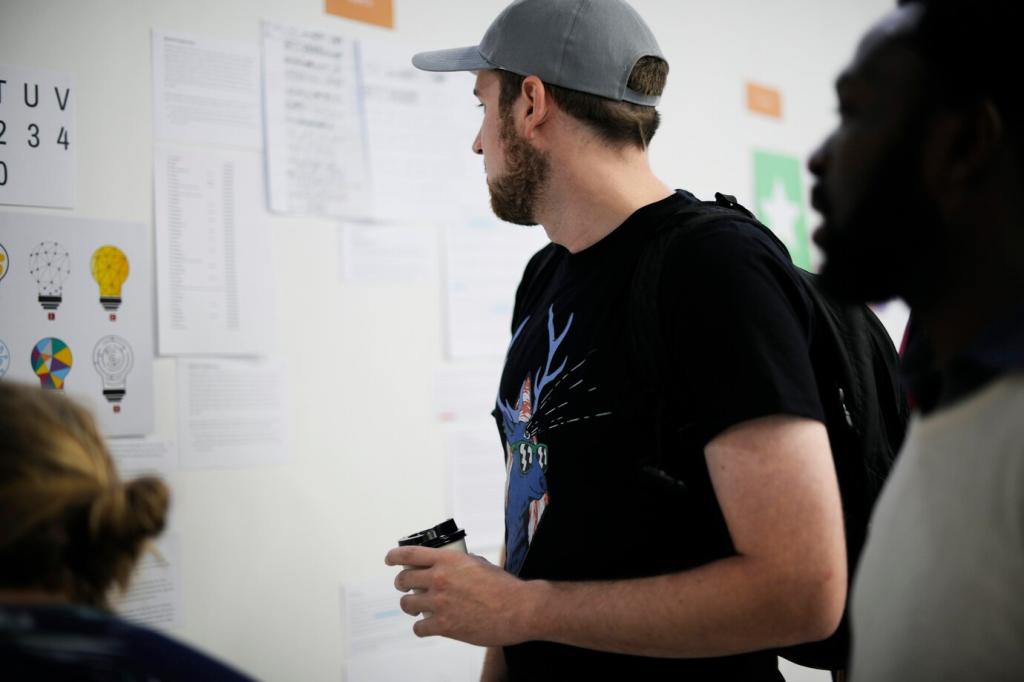Spot the Challenge, Shape the Training
A missed promotion might look like a visibility problem, but the root cause could be stakeholder communication or prioritization. Write the challenge in one sentence, ask a trusted peer to challenge it, and replace vague complaints with concrete, observable behaviors you can train and practice deliberately.
Spot the Challenge, Shape the Training
Map each obstacle to a skill. Slow projects become scope management; fuzzy decisions become data literacy; meeting anxiety becomes facilitation techniques. The moment you can name the skill, you can design drills, select the right course, and measure progress through repeatable scenarios that mirror your daily work.



